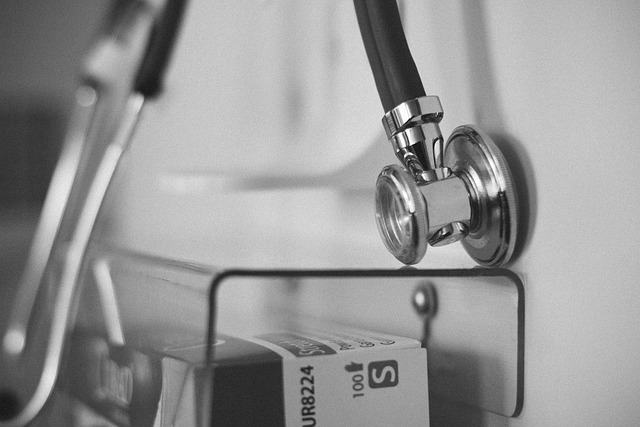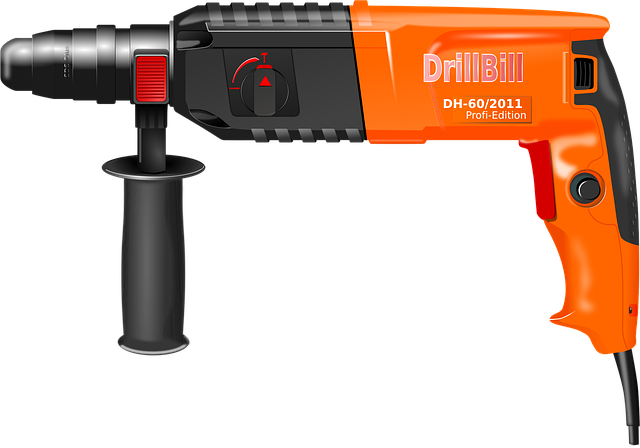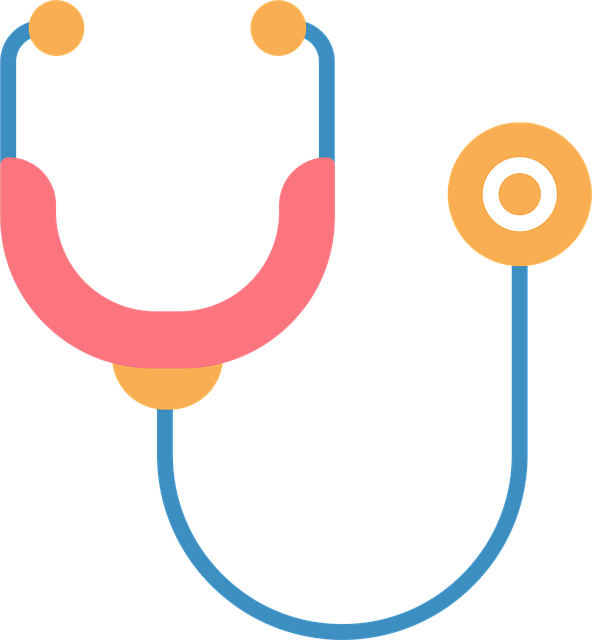IT professionals rely on accurate diagnostic tools for efficient decision-making, focusing on accuracy, usability, and real-time data visualization. Specialized fields like oncology and genetic research demand niche tools, such as genetic testing kits and advanced diagnostics. Trusted tools share key features like comprehensive functionality, precision results, and rigorous data handling. Strategic tool selection streamlines workflows, reduces errors, and enhances productivity in various industries, from healthcare to otolaryngology, ultimately improving patient safety and real-world outcomes. Select Diagnostic Tools are crucial for optimal IT performance.
IT professionals rely on reliable diagnostic tools to streamline operations, troubleshoot efficiently, and enhance system performance. In this article, we explore the critical needs of IT professionals and how advanced diagnostic tools meet these demands. Discover key features that make certain tools trustworthy and learn from real-world case studies showcasing their impact. By understanding these aspects, you can select the optimal diagnostic tools to elevate your IT operations.
- Understanding IT Professionals' Needs
- Key Features of Trusted Diagnostic Tools
- Real-World Success Stories and Case Studies
Understanding IT Professionals' Needs

IT professionals face unique challenges that require them to make critical decisions swiftly and accurately. Understanding their needs is paramount when developing any tool or service aimed at supporting their work. In today’s digital landscape, IT professionals rely heavily on diagnostic tools to identify and resolve issues efficiently. These tools not only save time but also ensure the stability and security of complex systems.
When selecting diagnostic tools, IT professionals consider factors such as accuracy, ease of use, compatibility with existing systems, and real-time data visualization. Moreover, with the rise of specialized fields like oncology, environmental concerns (air quality testing devices), and genetic research, there is a growing demand for diagnostic aids that cater to these niche areas. For instance, genetic testing kits have become invaluable in personalized medicine, while advanced oncology diagnostic aids play a crucial role in precision healthcare.
Key Features of Trusted Diagnostic Tools

When IT professionals need to troubleshoot complex issues or assess system performance, they rely on diagnostic tools that are both reliable and efficient. The most trusted among them share several key features. Firstly, select diagnostic tools should offer comprehensive functionality, integrating various testing capabilities into a single platform. This eliminates the need for multiple specialized devices, streamlining workflows and reducing potential errors.
Secondly, these tools must ensure dermatological examination devices or veterinary clinical assessment tools-like precision and accuracy. Whether it’s hardware diagnostics, network scanning, or software analysis, the results should be dependable and actionable. Additionally, genetic testing kits-inspired rigor in data handling and interpretability is crucial, ensuring that the insights derived are clear and unambiguous.
Real-World Success Stories and Case Studies

In the realm of IT, building trust is paramount, and real-world success stories serve as a testament to this. Many IT professionals rely on specific diagnostic tools to ensure accuracy and efficiency in their operations. For instance, consider the impact of miniature medical sensors and otolaryngology screening equipment in healthcare settings. These innovative tools have revolutionized patient care by enabling precise diagnostics at the earliest stages, leading to better treatment outcomes.
Case studies from various industries demonstrate how strategic tool selection has enhanced productivity and reliability. For example, a study focusing on diagnostic tools for medical professionals highlighted the significant improvements in identifying rare conditions when utilizing advanced analytical software. This not only saves time but also plays a crucial role in patient safety, especially in specialized fields like otolaryngology, where early detection can make all the difference.
When it comes to selecting diagnostic tools, IT professionals have a clear understanding of their needs. By leveraging trusted software with key features like advanced troubleshooting capabilities, real-time monitoring, and comprehensive reporting, teams can significantly enhance efficiency and resolve issues faster. Real-world success stories and case studies demonstrate the impact these tools have in modern IT operations. Thus, when considering select diagnostic tools, prioritizing reliability and feature-rich functionality ensures a smoother, more productive tech support experience for both professionals and end-users alike.
